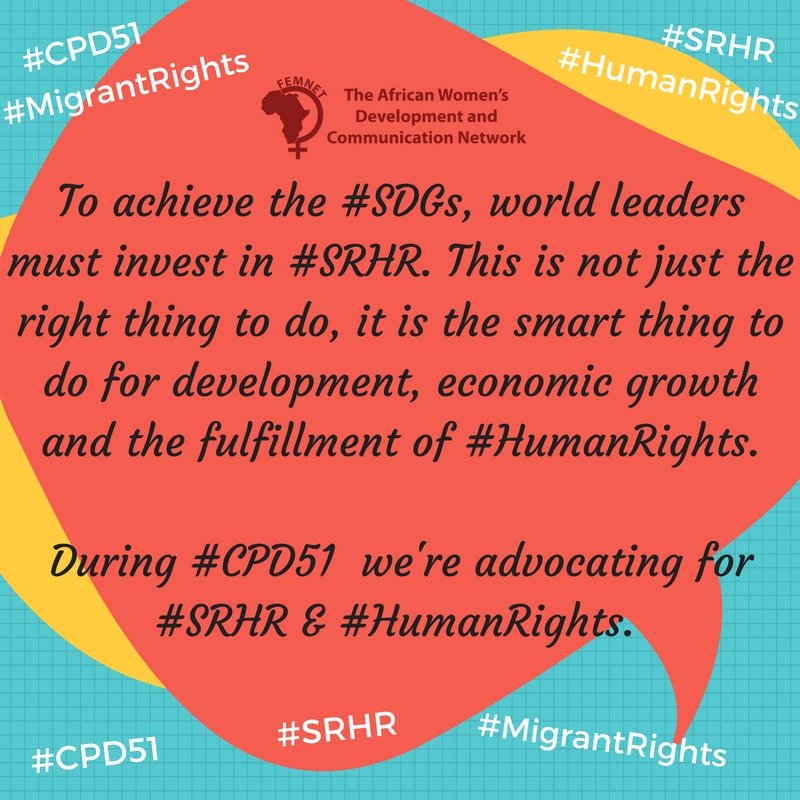By Scovia Mutesi
Mothers in Nyanza district have testified that stunting among children and health effects on mothers are among the effects that result from not embracing family planning.
Donatha Nyiraneza, the mother from Ntyazo sector in Nyanza district recalls that when she first decided to embrace family planning, her husband had not understood it.
“There are rumours that when a mother embraces family planning, it has effects on her life and she might even become infertile,” she narrated.
Today she has realised that family planning has improved her health and that of her children.
“I started to use birth control pills to ensure birth spacing when I had given birth to two children without intervals. I chose it after realizing that it was having bad effects on my health. I have now an 8-month baby and she is the fourth child,” she said adding the two last children were born with three to five years intervals between births and are growing well.
Family planning helps the mother and her child to grow well. "When you give birth without spacing, the child might be stunted. It is better to give birth to another child at least after two years", she testified.
Nyiraneza is one of the mothers who had endured effects due to giving birth within two consecutive years, meaning there was no inadequate birth spacing.
“ My husband and I finally decided to embrace family planning. Family planning helps to fight poverty in the family and the mother’s backbone remains strong. A woman gets time to work for the family, generate income to cater for children,” she said.
Research suggests that a mother should wait at least 18 to 24 months after a live birth before attempting their next pregnancy.
“You can choose a contraceptive method depending on your choice and the method to which your body can adapt to.” she said.
She said that despite the Covid-19 disruptions, family planning should maintain the pace.
She witnessed that some mothers reject family planning due to poor mindset while others are prevented by their husbands.
“Some mothers who have beliefs from church refuse to embrace family planning. Others do not embrace family planning so their husbands, who do not want it, don’t end up torturing them and in conflicts,” she added.
Another mother, Betty Nirere, in Nyanza district echoed that family planning has both economic and health benefits to the whole family.
“The first child is six years old and the second is two years old. Even community health workers guide us on family planning,” she said.
Mayor of Nyanza district, Erasme Ntazinda told this media house that family planning is at 61 percent in the district.
“Family planning helps the district in different ways including handling conflicts in families, caring for children and respecting their rights and boosting family development in different ways,” he said.
We encourage residents to embrace family planning because it is a source of good health and livelihoods. It ensures peace and development in the family, he added.
Challenges in family planning
Rwanda has registered an 11 percent improvement in the uptake of family planning methods between 2015 and 2020.
Rwanda Biomedical Center (RBC)’s officer in charge of reproductive health said that the increment in the uptake of family planning programs had increased from 53 percent in 2014/2015 to 64 percent in 2019/2020.
This number includes those who also use natural methods like exclusive breastfeeding and counting safe days, according to RBC.
The country’s target is to raise the number of those using modern and reliable contraceptive methods from 48 percent to 60 percent between 2018 and 2024.
RBC says that by 2019/2020, at least 14 percent had unmet family planning needs.
Rwanda Biomedical Center (RBC)’s officer in charge of reproductive health, Joel Serucaca recently in September 2021 told the media that views held by some people around using modern family methods triggered by cultural beliefs and poverty continue to be a challenge.
He said there were still a number of people who believe that they can have as many children as they can because they will be cared for by the government due to poor mindset.
Serucaca also explained that there is still a challenge of human resource where health facility staff are overwhelmed and in the process prioritise what they consider more urgent issues than family planning.
Other experts say there must be timely and sufficient supply of the medication and equipment required saying there was a prior challenge in importing such, which was worsened by the outbreak of the Covid-19 pandemic.


























